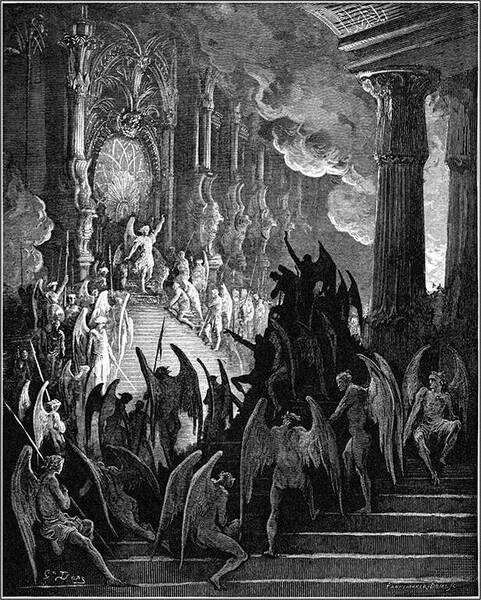Accounting for the irrational

I’ve sometimes thought that the humanities are best positioned to show their worth in times when the irrational, the inexplicable and the absurd are at their most conspicuous. And if there were any doubt about whether this is one of those times, the war in Ukraine has ended it.
I am talking about the big-tent humanities here: both the creation of arts and culture (the work of artists), and the study of these activities (i.e., the work of professional critics, audiences, and academic humanists).
The humanities may not help us make sense of the irrational (that would be a contradiction in terms), but they do give it form, maybe even transform what is frightening about it into something briefly beautiful.
Still, the humanities may not be useful with respect to the irrational, because they do not reduce the presence of the absurd. But I would argue that a culture that embraces the humanities is healthier than one that devalues them, because a culture with a rich humanistic tradition is likely to have a more expansive appreciation for its own dark side; that culture is in greater touch with its own irrationality.